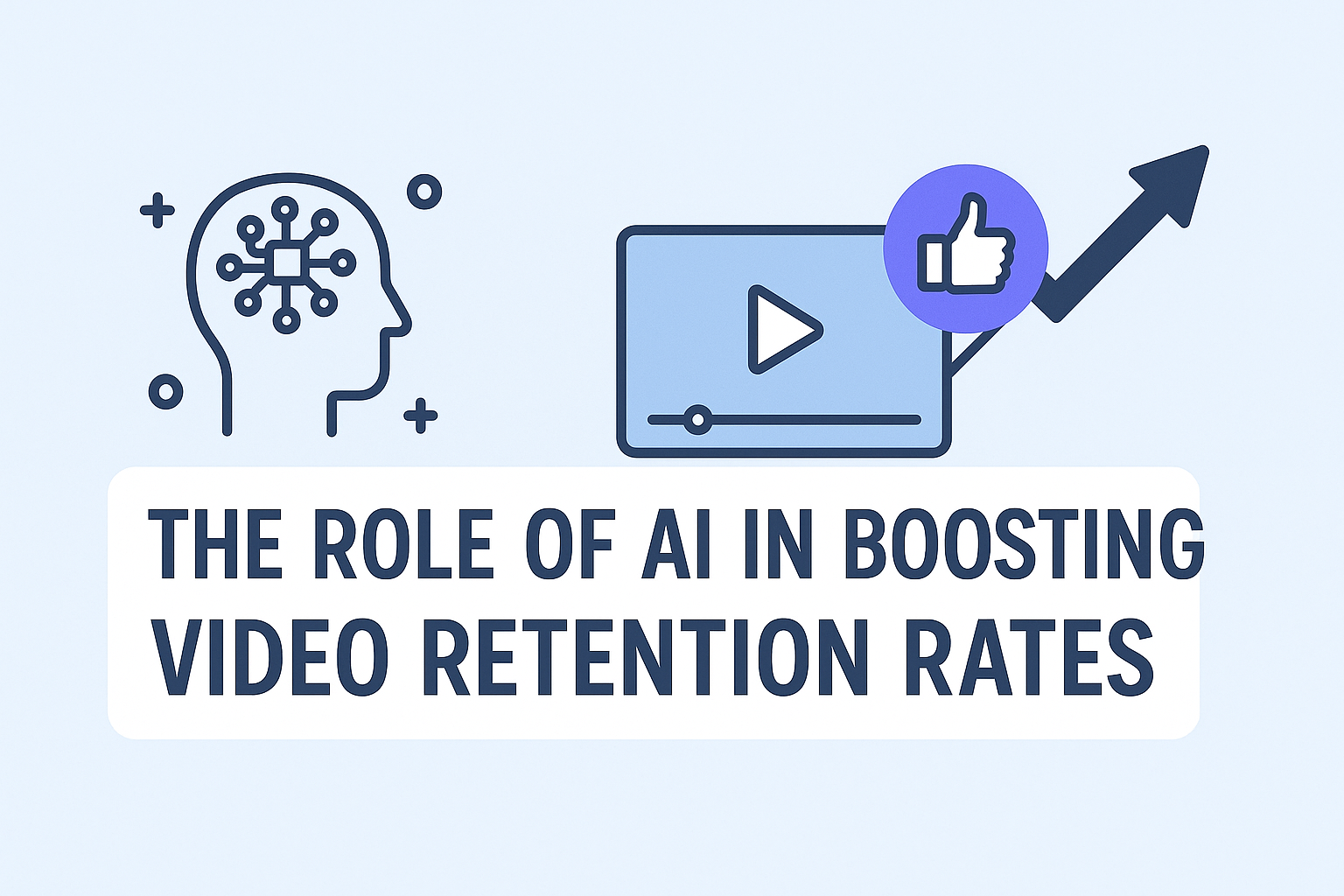Attention Deficit Hyperactivity Disorder (ADHD) affects focus, memory, and information processing, making traditional learning challenging for many students. Text-to-Speech (TTS) technology converts written text into natural-sounding audio, creating an interactive and accessible learning experience.
By listening to content, ADHD learners can follow lessons more easily, retain information longer, and stay engaged throughout study sessions. TTS bridges the gap between reading difficulties and comprehension, offering a practical tool that enhances concentration, supports diverse learning styles, and empowers students to achieve their academic potential.
How TTS Supports ADHD Learners?
Text-to-Speech (TTS) technology supports ADHD learners by improving focus, comprehension, and task management.
It helps students stay engaged by converting text into speech, reducing the effort of reading and minimizing distractions. Listening instead of reading allows learners to maintain better attention on the content.
Additionally, TTS strengthens reading comprehension and memory by combining auditory and visual input, making it easier to understand and recall information. Furthermore, it assists in time management by helping learners process assignments faster and stay organized. This smooth learning experience encourages consistent study habits and supports overall academic success for ADHD students.
Practical Uses of TTS for ADHD
Practical uses of Text-to-Speech (TTS) for ADHD focus on making learning more engaging and easier to absorb. TTS helps students convert textbooks and notes into clear, natural-sounding audio, making study sessions more interactive and less tiring.
It is widely used in digital learning platforms and educational apps to improve focus and comprehension through voice-based lessons. TTS also supports writing and proofreading tasks by reading text aloud, allowing users to identify mistakes easily.
Furthermore, it encourages independent and self-paced study, helping learners with ADHD manage their workload confidently while maintaining steady progress through auditory reinforcement.
Strategies for Educators and Parents
Strategies for Educators and Parents focus on using Text-to-Speech (TTS) to make learning more engaging and inclusive. Integrating TTS in classrooms and online lessons helps students listen to reading materials, follow along visually, and retain information better.
Educators can play lessons aloud or let students use TTS tools during study time to support different learning styles. Customizing voice tone, reading speed, and playback settings keeps learners attentive and comfortable.
Furthermore, combining TTS with visual aids like highlighted text, cue cards, or reminder alerts makes the learning process smoother and more interactive for children at every level of understanding.
Why Choose Speechactors for ADHD Learning Support?

Speechactors is designed to make ADHD learning easier and more engaging. It uses high-quality, natural-sounding voices that capture attention and help learners stay focused while studying.
The platform offers easy integration with different learning tools and systems, allowing teachers or parents to include voice support directly into study materials. Additionally, Speechactors supports multiple languages and lets users customize voices based on tone, gender, and pace.
This personalization helps ADHD learners connect better with the content, making lessons feel more natural and interactive. The result is a smoother, distraction-free learning experience that supports focus and comprehension effectively.
Future of TTS in ADHD Support
AI-driven voice engines will learn user patterns and adjust pitch, rhythm, and pause timing to match attention cycles. Dynamic prosody will highlight key words, while calmer segments reduce overload. Voices will shift style for tasks like reading, summarizing, or step-by-step instructions, helping users stay focused longer.
Real-time eye and interaction cues can guide TTS to slow down or repeat critical lines without breaking flow. In inclusive education, TTS will plug into LMS platforms, align with IEP goals, auto-generate scaffolded readings, and offer multilingual, culturally neutral voices. Class dashboards will track comprehension markers and sync transcripts, captions, and audio so every learner keeps pace.
Frequently Asked Questions (FAQs)
Can TTS help ADHD students improve reading skills?
Yes, Text-to-Speech (TTS) helps ADHD students improve reading skills by turning written text into spoken words, enhancing comprehension by 25–30% according to educational studies.
How does TTS reduce learning distractions?
TTS reduces learning distractions by providing steady auditory guidance, helping ADHD learners stay focused on content. Studies show a 40% increase in task attention using voice-based tools.
Is Speechactors suitable for classroom and home use?
Speechactors is suitable for both classroom and home use. It works on multiple devices and supports different reading materials, making learning accessible anywhere.
Can TTS be customized for individual learning preferences?
Yes, TTS can be customized with different voices, speeds, and accents. These settings help learners stay engaged and absorb information in a way that fits their pace.
What types of content work best with TTS for ADHD?
TTS works best with digital books, study notes, and web articles. Listening to structured educational material helps ADHD students process and retain key information effectively.
Conclusion
Text-to-Speech (TTS) technology offers transformative support for learners with ADHD, enhancing focus, comprehension, and engagement in educational tasks. By converting text into clear, natural audio, TTS tools like Speechactors empower students to absorb information more efficiently and confidently.
Embracing these solutions can make learning smoother, more interactive, and enjoyable for ADHD learners. Explore Speechactors today to unlock personalized, accessible educational support and help learners thrive, turning challenges into opportunities for success.
